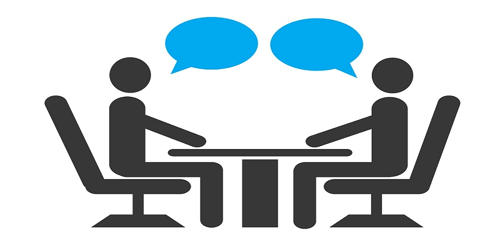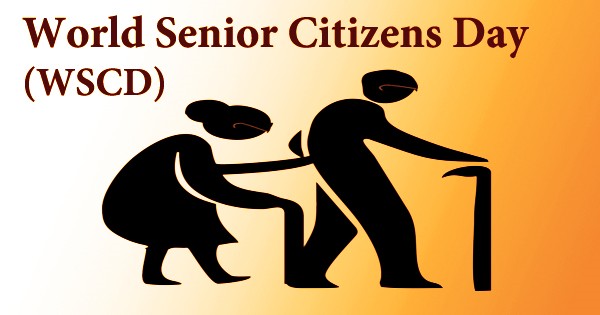Facing a Viva-voce
“Viva voce” is nothing but oral examination or which we commonly have known as “viva” if we use it as a noun. As you are going to face a viva-voce to get yourself admitted to a college/university or job sector, you need to know some instructions to be successful. The viva has its own ceremony and tradition. The viva voce is a short interview between the student and the supervisor and is a recommended conclusion to the extended essay process. It can be considered part of a rite of passage in your academic apprenticeship, a trial to be addressed confidently, and the gateway to joining the academic community as an independent teacher or researcher. It is an oral examination where the examiner asks you questions and you have to answer them orally and not by writing, it is a good method to test a student’s clarity of concept and potential. Taking a structured approach to your exam preparations and making sure to follow each of these steps will help give you the confidence you need to effectively defend your thesis.
It’s normal to be anxious, but you can prepare yourself for the big day in four easy steps:
- Get to Re-Know Your Thesis
- Practice Your Exam Responses
- Think About Your Examiners
- Use the Support Available
You may be nervous to face viva-voce. So first of all, remove your nervousness thinking it easy. Most of the students are always be anxious to appear for the viva voce examination but believe in taking a structured approach to preparation and presentation will help a lot. If you are nervous, you will not be able to answer the questions asked by the interview board. Be attentive to your serial number. Respond to your call earnestly. Show due respect and reverence appearing before the interview board. Be decent in appearance and follow professional dress and maintain discipline. Take your seat gently if you are asked to do so. Answer the questions asked by the interview board by showing courtesy. Each and every Viva-Voce examination is different so it is difficult to know what exactly the examiner will ask you but it is always good to practice the common questions and topics and practicals for your own preparation. Don’t exaggerate your answer. Just answer them what they ask. Finally, leave them if you are asked to do so.
Positive thinking will help you feel in control of the situation which will increase your confidence. Try to be:
- anticipating a potentially interesting discussion
- ready to engage in debate
- confident in your preparation
- eager to get on with it
- relieved at being there at last
- excited at the challenge ahead.
















